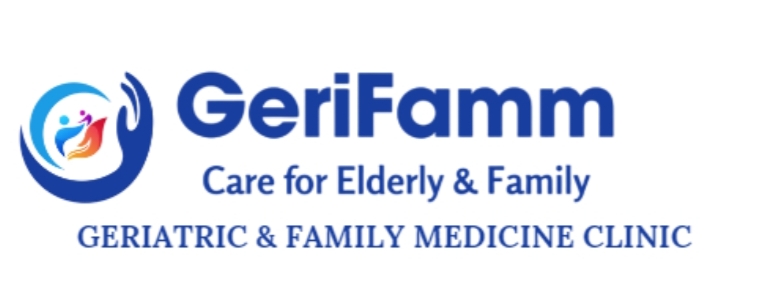What is Travel Medicine?
Travel medicine is a branch of healthcare that helps people stay healthy while traveling. It focuses on preventing and treating illnesses that may occur during trips. For example, travel medicine covers advice on vaccines, food safety, and protection from diseases found in other countries. Because travel exposes you to new environments, it is important to know how to protect your health before, during, and after your journey.
Why is Travel Medicine Important?
Many people travel to new places for work, vacation, or family visits. However, each destination can have different health risks. For instance, some countries have diseases that are rare at home. Therefore, travel medicine helps you avoid getting sick and enjoy your trip. It also gives you peace of mind, knowing you are prepared for common travel health problems.
Common Health Risks During Travel
When you travel, you may face several health risks. But with the right knowledge, you can reduce these risks. Common travel-related health issues include:Infections like malaria, dengue, or traveler’s diarrheaJet lag and sleep problemsFood and water safety concernsSunburn or heat exhaustionInsect bitesMotion sickness
Additionally, some travelers may face allergies or asthma flare-ups due to new environments.
Preventive Measures and Vaccinations
Before you travel, it is wise to take steps to protect your health. Here are some important preventive measures:Get recommended vaccinations for travelers, such as hepatitis A, typhoid, or yellow feverPack a travel health kit with basic medicines and first aid suppliesUse insect repellent and wear protective clothing to avoid bitesDrink only bottled or boiled waterEat food that is cooked and served hotWash your hands often with soap and water
Moreover, always check with your doctor about which vaccines you need for your destination. The CDC and WHO provide updated travel health tips and vaccine guidelines.
How to Prepare for Safe Travel
Planning ahead can help you stay healthy on your trip. Here are some travel health tips to follow:Research your destination’s health risks before you goSchedule a visit with a travel medicine specialist at least 4–6 weeks before your tripMake copies of your health records and keep emergency contacts handyPack enough prescription medicines for your entire tripCheck if your health insurance covers care in other countriesStay updated on travel advisories from trusted sources like the CDC or WHO
Furthermore, always listen to your body and seek help if you feel unwell during your travels.
When to Consult a Travel Medicine Specialist
It is a good idea to see a travel medicine specialist if you:Plan to visit countries with known health risksHave a chronic illness or weakened immune systemAre pregnant or traveling with young childrenNeed specific vaccinations for your destination
Even if you are healthy, a specialist can give you personalized travel health tips and advice on preventing illness while traveling.
Frequently Asked Questions
Do I need vaccines for every trip?Not always. However, some destinations require certain vaccinations. Check with your doctor or a travel clinic before you go.How soon should I prepare for travel?Ideally, visit a travel medicine clinic 4–6 weeks before your trip. This gives time for vaccines to work.What should I include in my travel health kit?Pack basic medicines, bandages, insect repellent, sunscreen, and any prescription drugs you need.How can I avoid food poisoning while traveling?Eat only cooked foods, avoid raw fruits and vegetables unless you peel them, and drink safe water.Where can I find reliable travel health information?Visit the CDC or WHO websites for up-to-date travel health tips and alerts.
In summary, travel medicine helps you stay safe and healthy during your journeys. By planning ahead and following expert advice, you can enjoy your trip with fewer worries. For the best protection, consult a healthcare professional or travel medicine specialist before you travel.

